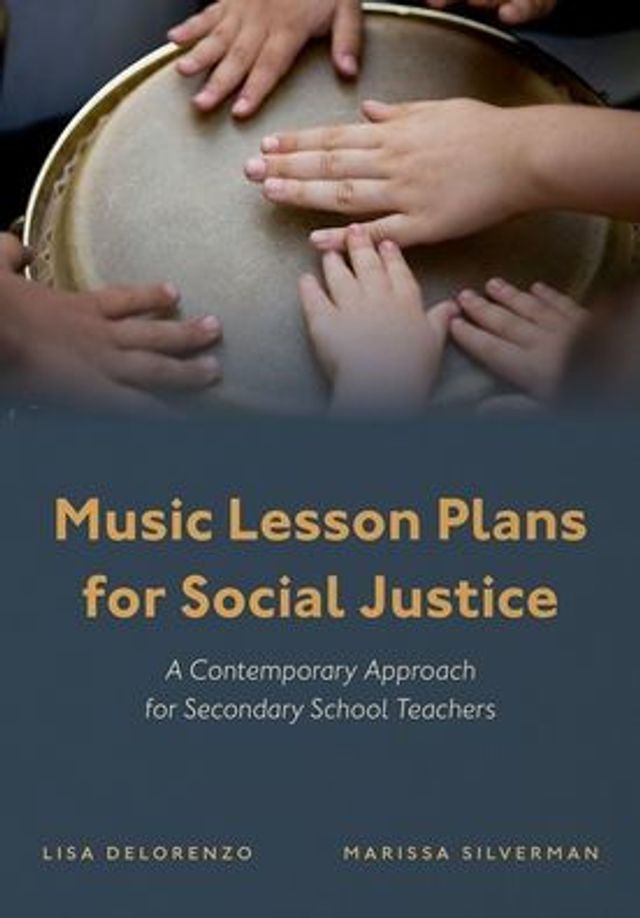Home
Lorenzo Milani, The School of Barbiana and the Struggle for Social Justice
Barnes and Noble
Lorenzo Milani, The School of Barbiana and the Struggle for Social Justice
Current price: $189.50


Barnes and Noble
Lorenzo Milani, The School of Barbiana and the Struggle for Social Justice
Current price: $189.50
Size: OS
Loading Inventory...
*Product information may vary - to confirm product availability, pricing, shipping and return information please contact Barnes and Noble
This book sheds light on the work of one of the 20
th
century’s foremost critical educators, the Italian Lorenzo Milani (1923–1967), on the 90
anniversary of his birth. It provides an exposition and critical analysis of the ideas contained in his writings, ideas that emerged from his experiences in two Tuscan localities. The work of Milani and the School of Barbiana that he directed provide signposts for a critically and sociologically engaged pedagogy. Important themes include education and class politics; education and imperialism; education and the culture of militarization; the collective dimensions of learning and writing; peer tutoring; critical media literacy; and reading history against the grain. These ideas are analyzed with reference to similar and contrasting ideas by other international educators, scholars and thinkers. As the book argues, Milani’s oeuvre contains important ingredients for a social justice-oriented critical pedagogy. The spirit for this pedagogical approach is captured in the School of Barbiana’s motto ‘I care.’
th
century’s foremost critical educators, the Italian Lorenzo Milani (1923–1967), on the 90
anniversary of his birth. It provides an exposition and critical analysis of the ideas contained in his writings, ideas that emerged from his experiences in two Tuscan localities. The work of Milani and the School of Barbiana that he directed provide signposts for a critically and sociologically engaged pedagogy. Important themes include education and class politics; education and imperialism; education and the culture of militarization; the collective dimensions of learning and writing; peer tutoring; critical media literacy; and reading history against the grain. These ideas are analyzed with reference to similar and contrasting ideas by other international educators, scholars and thinkers. As the book argues, Milani’s oeuvre contains important ingredients for a social justice-oriented critical pedagogy. The spirit for this pedagogical approach is captured in the School of Barbiana’s motto ‘I care.’


















